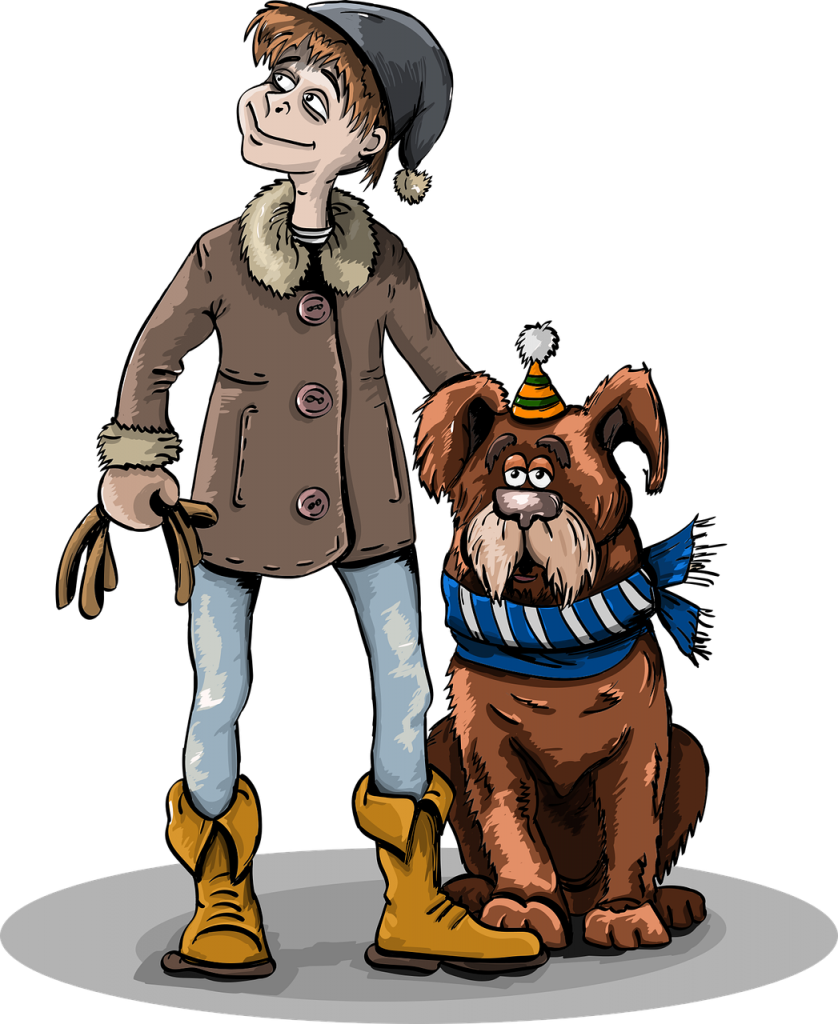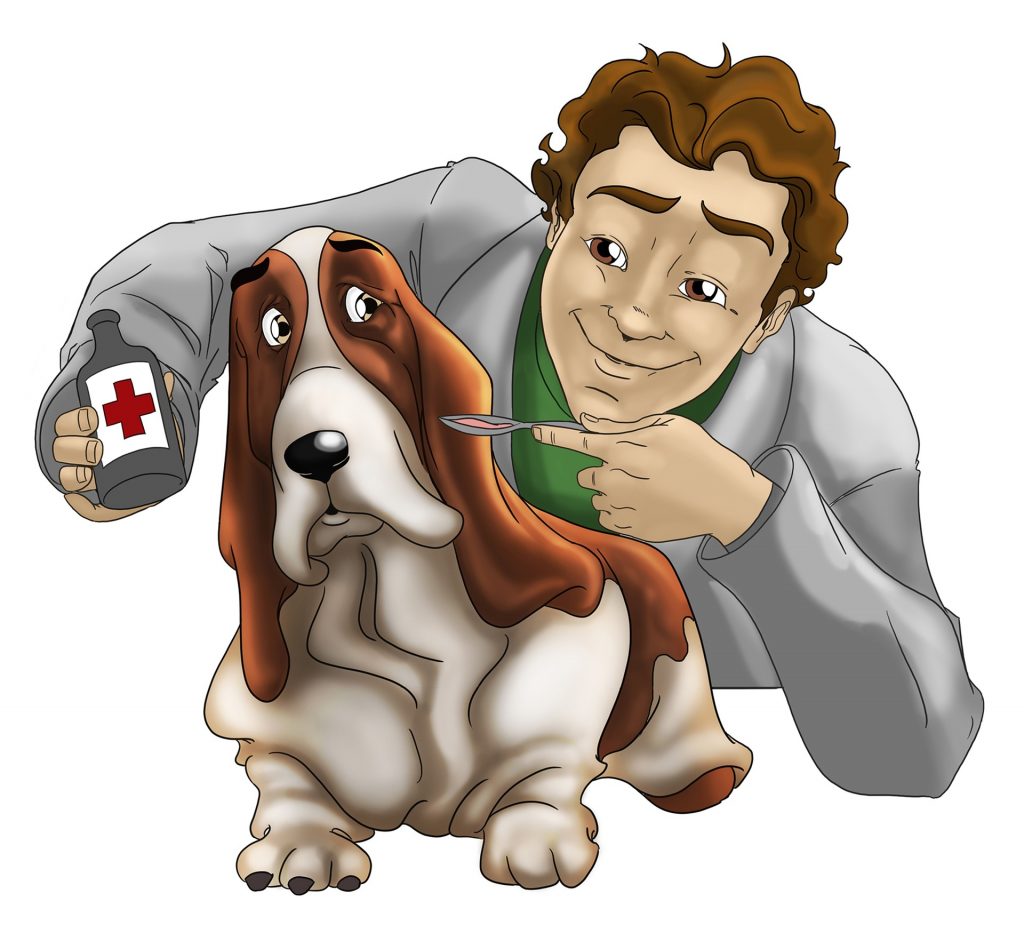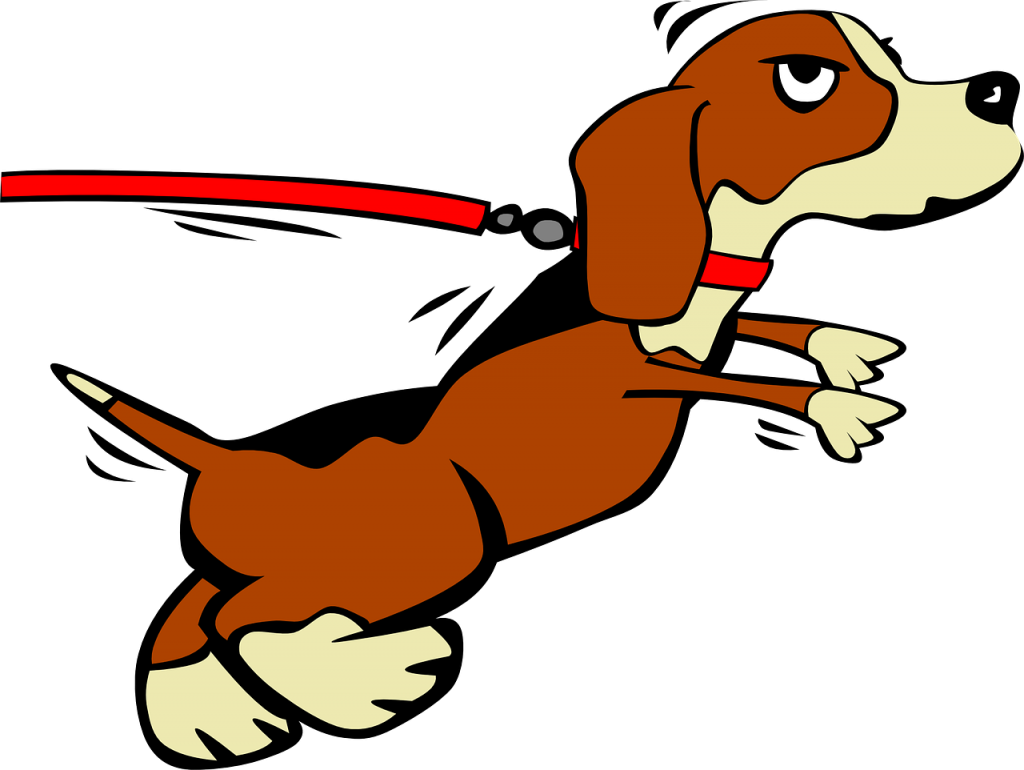How to Prepare For a Puppy
Bringing a new puppy into the family is without a doubt an exciting experience that will bring joy and happiness to you and your loved ones. However, it also represents a new responsibility because you are going to take care of living life so you should get prepared for the hard work that comes with welcoming the new family member.
Here are some tips that will help you prepare for a new puppy.
Puppy-Proof Your Home
A puppy is an expert in chewing and eating things, including your clothes, furniture, cables, and books. Pick things up off the floor and don’t let anything in a place where your dog can easily them, pay special attention to what could choke or electrocute the pup. Secure sharp objects such as knives, scissors, and razors.
Install stairs gates will help to protect your belongings while also minimize the risk of falls or other injuries to your dog. Keep the doors and windows closed all the time to prevent the puppy from escaping or falling out.
Your garden is another place that you need to puppy-proof unless you want your furry friend to destroy your favorite plants. Fence.off the plants that you don’t want your puppy to destroy and avoid to have ones that could intoxicate your new little friend. Some of these plants include Lily, tomatoes, foxglove. Never let your puppy alone outside and set an area in the yard where they can be.
Discuss With the Family About the Puppy Rules
If there is more than one person living in your home you should discuss with them the new rules for the puppy. This will make the training process easier and more consistent, and the puppy will adapt to its new environment faster. Some of the most important things you should discuss are:
- Where will the puppy sleep?
- Who will feed the puppy three to four times a day?
- Does the puppy have permission to be on the sofa or other furniture?
- How will you correct the puppies when they make a mistake?
- Who will be in charge of the puppy veterinary appointments and take it there?
- Create a vocabulary list to avoid creating confusion for the dog.
You should teach your children about the basics of having a puppy, tell them to have a calm mood when the puppy arrives since loud strangers can be overwhelming for the dog. Kids should know how to handle the puppy including not to disturb it when is eating or sleeping.

Create a Shopping List
You will have to buy a lot of equipment and supplies to make sure your puppy comfortable and adapt faster to its new environment. Here’s a list of what you should buy:
- A crate: This is an ideal place for your dog to sleep and keep it confined when you can’t supervise it.
- ID tag: All dogs should wear a tag on their collar including personal information such as the owner’s name, address, and phone number. You should also consider microchipping, it is the most effective way to ensure that you can reunite with your dog whenever it goes missing.
- A collar and leash: To take your dog for a walk outdoors and control it.
- Baby gates: To restrain access to certain areas of the house.
- Food and water bowls: Choose bowls that are easy to clean and durable so the puppy can’t damage them by chewing. The puppy always needs to have access to fresh and clean water.
- Things to clean up puppy disasters: This includes buying paper towels, cleaning cloths, and cleaning agents.
- Grooming tools: Ask the breeder or the pet shop staff for advice regarding the type of coat of your puppy as well as the comb, brushes, shampoo, conditioner, and nail clippers.
- Something to chew on: Your dog will need something to chew in order to test their teeth. It is a great way to keep your dog from biting the furniture or clothing. Make sure the chews aren’t too tough for your teeth and are durable.
- Toys: Your puppy should have plenty of different toys to make the training sessions more interactive and make him exercise.
- Food: Consult with your breeder or veterinarian about the right diet for your puppy and the diet he followed during his time at the rescue center. Maintain the same diet for at least one week and gradually change it to prevent gastrointestinal issues in the furry friend. Include some treats on its diet to provide positive reinforcement.
Arrange the Puppy Veterinary Care
Ask your dog owners relatives and friends to recommend a veterinarian or use a vet local finder. The veterinary is an important professional that will be crucial for your puppy’s well-being. It should be someone with the necessary licenses and certifications, as well as someone you feel comfortable with.
The practice should be close to your home and have its own emergency cover if not find where to go for an out-or-hours emergency. As soon as your puppy gets to your home take him to the vet, make sure to discuss things such as vaccinations and insurance policies.
Set up regular appointments with the vet to check-up the dog, follow the schedule of vaccinations, learn the health risks of the specific breeds, and take all the necessary preventative steps for diseases like Lyme disease. Your vet will also give you a solution to deal with fleas, mites, parasites, and ticks.

Puppy Training
You can take charge of the puppy training by yourself but it is also recommended to get your puppy into professional puppy training classes. Your dog will learn faster and also get the opportunity to socialize with other dogs. You can ask the dog trainer questions about the right way to train your dog which is way better than relying on Google to answer your questions.

Final Thoughts
Following the previous tips will help you prepare to get a puppy and make the experience more joyful. You are about to experience one of the greatest moments of your life and create a strong bond with a living creature.

Leave a Reply